It’s a Full Moon, my monthly deep dive on a theme along with 7 sensory recommendations to further explore that topic.
It’s that time of the year again.
When dark robes are donned and square hats fly in the sky. When podiums are walked, embossed certificates are handed, and long-held wishes are granted.
Graduation, especially in the US, is such a momentous event. The ceremony, the symbolic attire, the family who have traveled from afar – all make this moment an important rite of passage.
I’m now at the stage of life where I can witness my friend’s children graduating, ranging from pre-school to college. No matter what stage, parents beam with pride and students feel a sense of self-importance, on the cusp of a new chapter.
The details of my own college graduation feel like a blur. Who gave the commencement speech? Where did we go for our celebratory meal? I vaguely remember the rain that morning, and taking refuge with a friend under the awning of a faculty building. Somehow the spring showers stopped before we walked on stage.
But one thing I’ll never forget is how I felt on that day: excitement that bordered on manic activity. The emotional pendulum swung between the desire to spend as much time with friends and also tending to family visits.
There was the frenzy of dorm rooms being emptied, class books being sold, and summer trips in preparation. There was the urgency of squeezing every moment together, attending the endless parties to commemorate the end of our college years. Some of us would remain friends for decades, but many of us would end up losing touch. We somehow knew that things would never quite be the same.
On the other hand, we also sensed the heavy backdrop of the future. We felt the oncoming pressure of showing up as newly minted responsible adults, to make our parents proud, and pretend we were ready for the real world.
I can almost feel in my bones the trepidation of that day, the illusory feeling that life was suddenly changing. In retrospect, I can laugh at the innocent belief that our existence catapults from one day to the next. As if that graduation podium was the send off into another stratosphere.
The next morning, we probably all awoke hungover, with more questions than answers. Suddenly, there were no more tests or essays to propel us into the next phase. We were staring at a wide open field of possibility, which felt more daunting than exciting.
Our 15 years of academic journey feel somewhat linear. And college graduation seems like the arrival point we had our eyes set on all along. We think we’re supposed to know what we want to do with the rest of lives, hop on the career train and move at full speed.
But at 22, we’re filled with misconceptions about the future. I didn’t even know back then that most of the jobs I would end up working even existed. I graduated during an economic crash and with little idea about the path I wanted to take.
I ended up staying at my restaurant job, saving up enough money to travel across the world for half a year. Those six months of adventures taught me more than four years of college ever could.
I don’t dismiss the foundation I received from the scholarly setting, but major growth had yet to come. Falling in love, starting a business, losing a parent were some of the most important turning points that later unfolded.
No classes could have ever prepared me for that kind of life education. But then again, I don’t think that’s what universities are for. When I completed my academic journey, I thought my excitement sprung from the fact that I was done. Now looking back, I think the most thrilling part was that I was just getting started, and had no clue where I was heading.
I might have received a diploma 16 years ago, but I never graduated. As long as we’re still alive, none of us do. The lessons keep unfolding, even if they’re no longer graded. We keep meeting mentors along the way. Or as Wade Davis wisely stated in his commencement speech: “There are tens of thousands of teachers out there in every corner of the world that you did not even know you had.”
We may explore other areas of the world, but more importantly we discover unchartered territories within ourselves. And if we’re humble enough, we remain perpetual students of life. The curriculum never ends.
For this Full Moon edition, I’m offering you something a bit different. Instead of sensory recommendations, I wanted to turn to the artists who have offered valuable insights to students on their graduation day.
I researched over two dozen commencement speeches and included one for each sense, with wisdom from a visual artist (SEE), a musician (HEAR), an ethnobotanist (SMELL), a chef (TASTE), two writers (TOUCH and BALANCE), and a filmmaker (ENVISION).
I chose my favorite excerpts, but all of the speeches are worth reading or listening to in their entirety. Even though they’re meant for young graduating students, they resonated more deeply with me now than ever. They’re delivered with vulnerable honesty, humor, and astounding grace. They often moved me to tears and provided me with a boost of hope and a few doses of wisdom. I hope they offer you the same.
In Joy,
Sabrina
SEE
Anne Truitt: Maryland College Institute of Art, 1991
Read the full transcript
Courage is the stoutest root of art.
A long life in art has led me to the understanding that its rewards are secret. There is no worldly recompense commensurate to the cost of a lifetime of work. But that cost is as nothing when considered in the light of the exhilaration of trying to make what is true for yourself real for other people. Artists’ lives are essentially generous: they give themselves away. And in rendering their aspirations available to humankind, they render a noble service to our common life on this planet.
For you will, in a real sense, be making your own mind’s world visible in your work. This is a privilege, and like all privileges involves responsibility. Any action—and making art is a very complex action—leads to incalculable, unpredictable results, and these results are in themselves actions. All these actions accumulate over the years and, like money in a bank, accrue interest. If they have been honest they gain in value. Not only in the evolution of the artist’s work, but also in the evolution of the artist as a person—in unalienable spiritual value.
HEAR
Sting: Berklee College of Music, 1999
Read the full transcript
If ever I'm asked if I'm religious I always reply, "Yes, I'm a devout musician." Music puts me in touch with something beyond the intellect, something otherworldly, something sacred.
How is it that some music can move us to tears? Why is some music indescribably beautiful? I never tire of hearing Samuel Barber's "Adagio for Strings" or Faures "Pavane" or Otis Redding's "Dock of the Bay." These pieces speak to me in the only religious language I understand. They induce in me a state of deep meditation, of wonder. They make me silent.
It's very hard to talk about music in words. Words are superfluous to the abstract power of music. We can fashion words into poetry so that they are understood the way music is understood, but they only aspire to the condition where music already exists.
Music is probably the oldest religious rite. Our ancestors used melody and rhythm to co-opt the spirit world to their purposes—to try and make sense of the universe. The first priests were probably musicians. The first prayers were probably songs.
So what I'm getting round to saying is that as musicians, whether we're successful, playing to thousands of people every night, or not so successful, playing in bars or small clubs, or not successful at all, just playing alone in your apartment to the cat, we are doing something that can heal souls, that can mend us when our spirits are broken. Whether you make a million dollars or not one cent, music and silence are priceless gifts, may you always possess them. May they always possess you.
SMELL
Wade Davis: Colorado College, 2010
Read the full transcript or listen to the audio
A career is not something that you put on like a coat. It is something that grows organically around you, step-by-step, choice-by-choice, and experience-by-experience. Everything adds up. No work is beneath you. Nothing is a waste of time unless you make it so. The months I spent in that logging camp and later working as a hunting guide were as formative in my life as the time I spent in the Amazon studying with shaman, or the many years I was at graduate school. An elderly cab driver in New York may well have as much to teach you as a wandering saint in India, a madman in the Sahara.
Many of you are understandably concerned about finding employment. After all, last year 70% of graduating college seniors in the USA failed to land a job. Perhaps it will make you feel a bit better to remember that the word job is derived from the 16th century French word, gober, meaning, ‘to devour’. My father had a job all of his life. He called it the grind. I used to think as a young boy that he went into the city every day and returned a little smaller.
Fortunately I have never had a job, at least not in this sense. Actually I have never really had a job at all. And knowing what I do about the spirit of CC I don't imagine many of you will find a single slot into which to plug your entire existence.
But what you will do is work, and no doubt as ferociously hard as I have all my life. The word work has a better ring to it. It comes from the old English, meaning action and deed.
And you'll find that the work you do is just a lens through which to view and experience the world, and only for a time. The goal is to make living itself, the act of being alive, one's vocation, knowing full well that nothing ultimately can be planned or anticipated, no blueprint found to predict the outcome of something as complex as a human life. If one can remain open to the potential of the new, the promise of the unimagined, then magic happens and a life takes form. This, I promise, will happen to each one of you.
TASTE
José Andrés: George Washington, 2014
Watch the full video
So what do you do when life takes an unexpected turn? Friends, my advice, don’t follow a recipe. When we go by the book, we lose our ability to adapt, to be creative. Sometimes you will find yourself without an ingredient or two. It will seem like everything is going wrong. If things don’t go as expected, make the unexpected work in your favor. Change the name of the dish. Don’t imitate what has already been done. Don’t go alone with someone else’s expectations for what your life should look like. Don’t assume that because things have always been a certain way, there will never be different. That is where we need you the most. We need you to come up with new solutions, and to do that, new recipes for success must be written. You will write them. Success is no longer about achieving your goals. It is about using your skills and talents to do something bigger in the world. This is the new American Dream.
My favorite Spanish poet, Antonio Machado, once said: ‘Your footsteps are the path and nothing more. There is no path. The path is made by walking.’
Start walking.
TOUCH
George Saunders: Syracuse University, 2013
Read the full transcript or watch the video
What I regret most in my life are failures of kindness.
Those moments when another human being was there, in front of me, suffering, and I responded . . . sensibly. Reservedly. Mildly.
Or, to look at it from the other end of the telescope: Who, in your life, do you remember most fondly, with the most undeniable feelings of warmth?
Those who were kindest to you, I bet.
It’s a little facile, maybe, and certainly hard to implement, but I’d say, as a goal in life, you could do worse than: Try to be kinder.
Now, the million-dollar question: What’s our problem? Why aren’t we kinder?
Here’s what I think: Each of us is born with a series of built-in confusions that are probably somehow Darwinian. These are:
1) we’re central to the universe (that is, our personal story is the main and most interesting story, the only story, really)
2) we’re separate from the universe (there’s US and then, out there, all that other junk – dogs and swing-sets, and the State of Nebraska and low-hanging clouds and, you know, other people),
3) we’re permanent (death is real, o.k., sure – for you, but not for me).
Do all the other things, the ambitious things — travel, get rich, get famous, innovate, lead, fall in love, make and lose fortunes, swim naked in wild jungle rivers (after first having it tested for monkey poop)—but as you do, to the extent that you can, err in the direction of kindness. Do those things that incline you toward the big questions, and avoid the things that would reduce you and make you trivial. That luminous part of you that exists beyond personality—your soul, if you will—is as bright and shining as any that has ever been. Clear away everything that keeps you separate from this secret luminous place. Believe it exists, come to know it better, nurture it, share its fruits tirelessly.
BALANCE
Zadie Smith, New School, 2014
Read the transcript, watch the video
Walk down these crowded streets with a smile on your face. Be thankful you get to walk so close to other humans. It’s a privilege. Don’t let your fellow humans be alien to you, and as you get older and perhaps a little less open than you are now, don’t assume that exclusive always and everywhere means better. It may only mean lonelier. There will always be folks hard-selling you the life of the few: the private schools, private plans, private islands, private life. They are trying to convince you that hell is other people. Don’t believe it. We are far more frequently each other’s shelter and correction, the antidote to solipsism, and so many windows on this world.
ENVISION
John Waters: Rhode Island School of Design, 2015
Watch video
This might be time for a trigger warning. The amazing concept I’ve heard about is that you’re supposed to warn students if you’re going to talk about something that challenges their values. I thought that’s why you went to college?! My whole life has been a trigger warning!
Don’t hate all rich people - they’re not all awful. Believe me: I know some evil poor people too. We need some rich people: who else is going to back our movies or back our art?
I’m rich. I don’t mean money-wise. I mean I have figured out how to never be around assholes at any time in my personal and professional life. That’s rich! And not being around assholes should be the goal of every graduate here today. It’s OK to hate the poor too. But only the poor of spirit, not wealth. A poor person can have a big bank balance but is stupid by choice, uncurious, judgemental, isolated and unavailable to change.
Contemporary arts' job is to wreck what came before. Is there a better job description than that to aspire to?! Go out into the world and fuck it up beautifully. Horrify us with new ideas. It’s time to get busy. It’s your turn to cause trouble, but this time in the real world. And this time, from the inside.


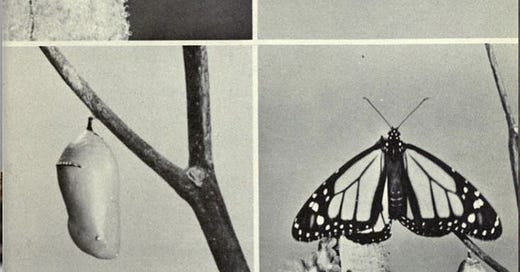



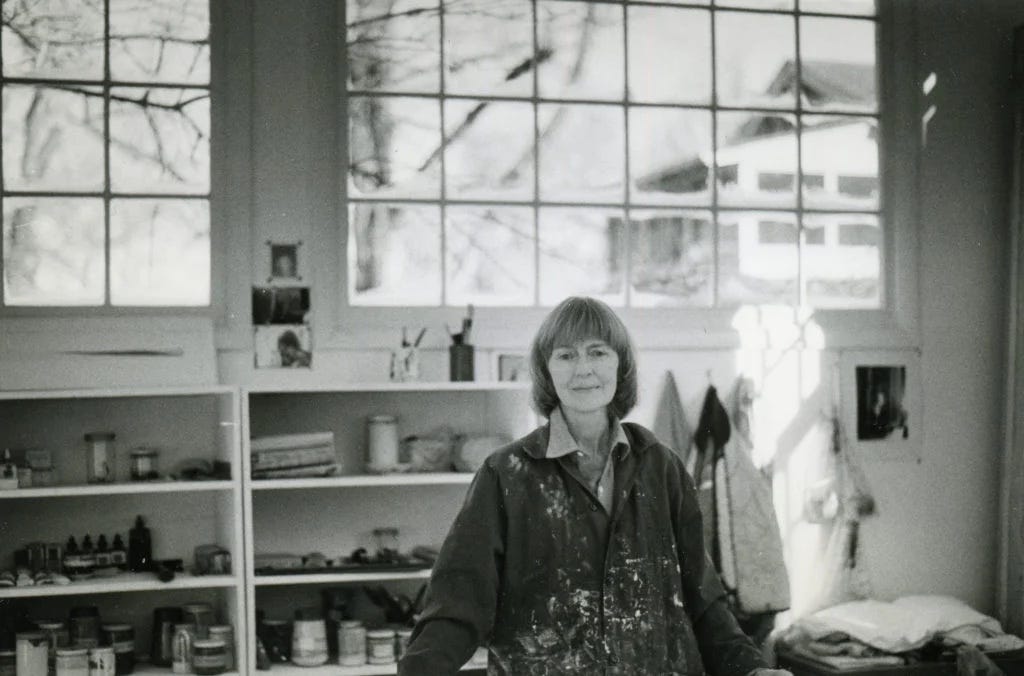

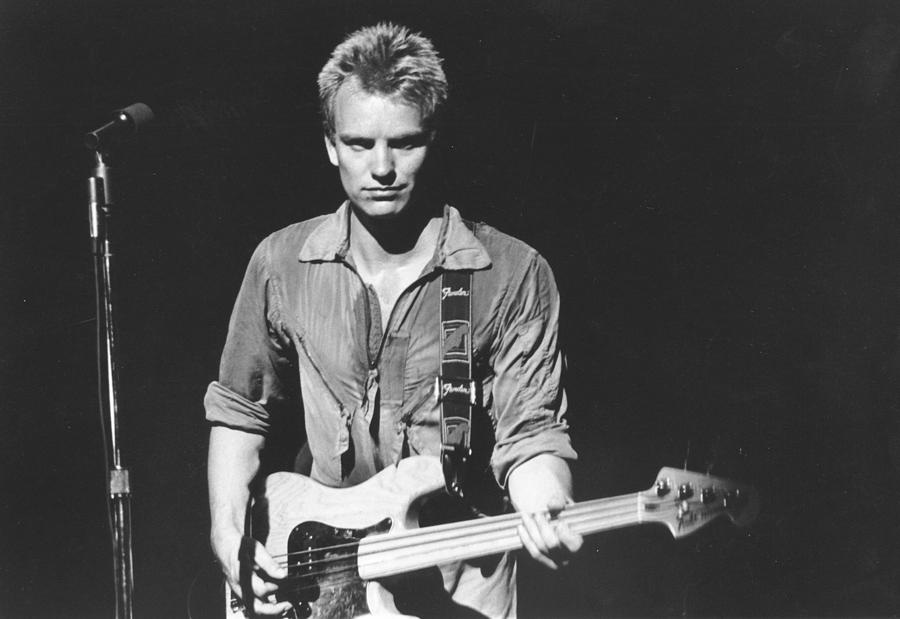

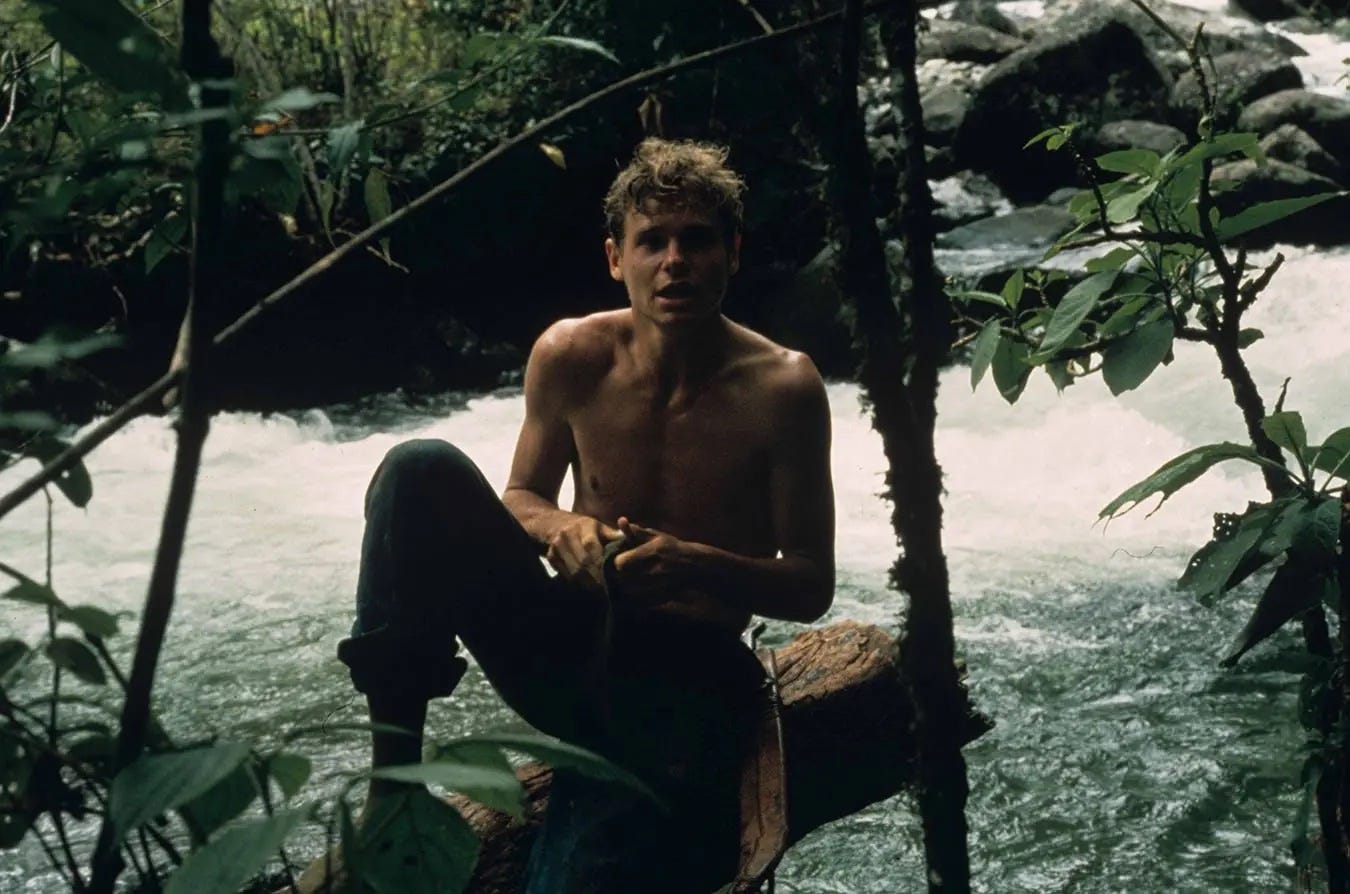

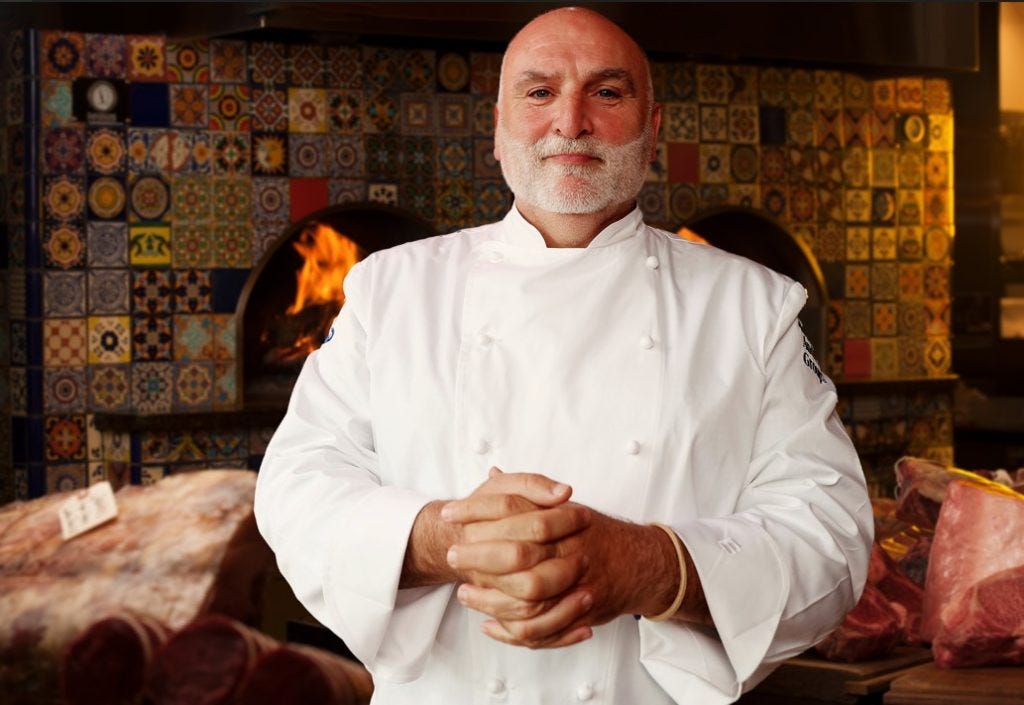

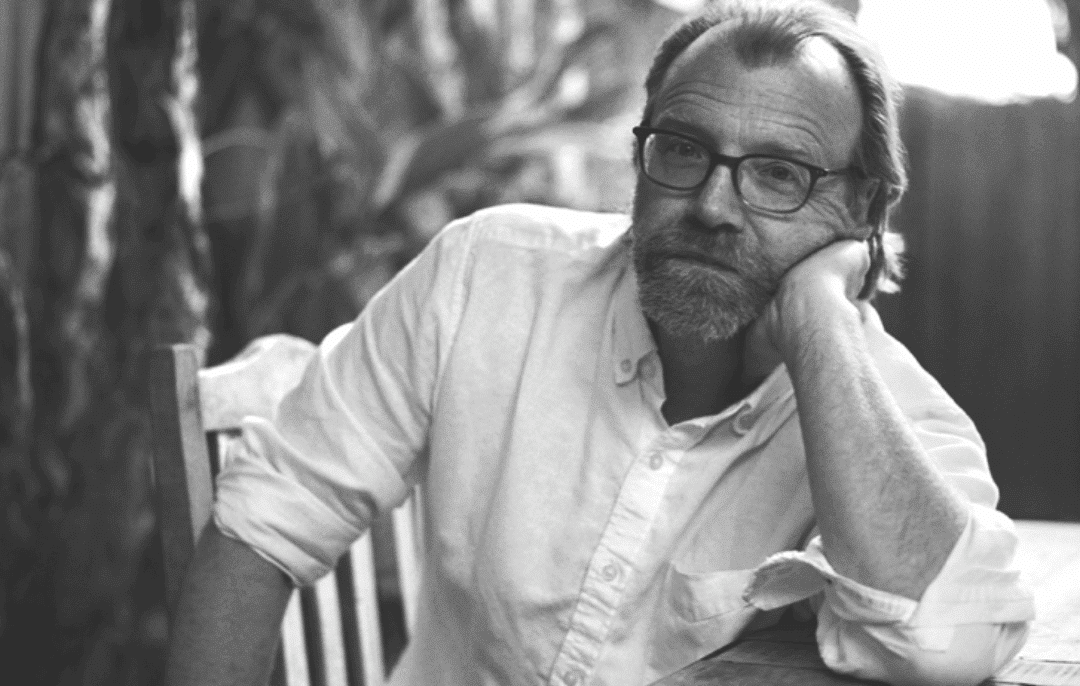



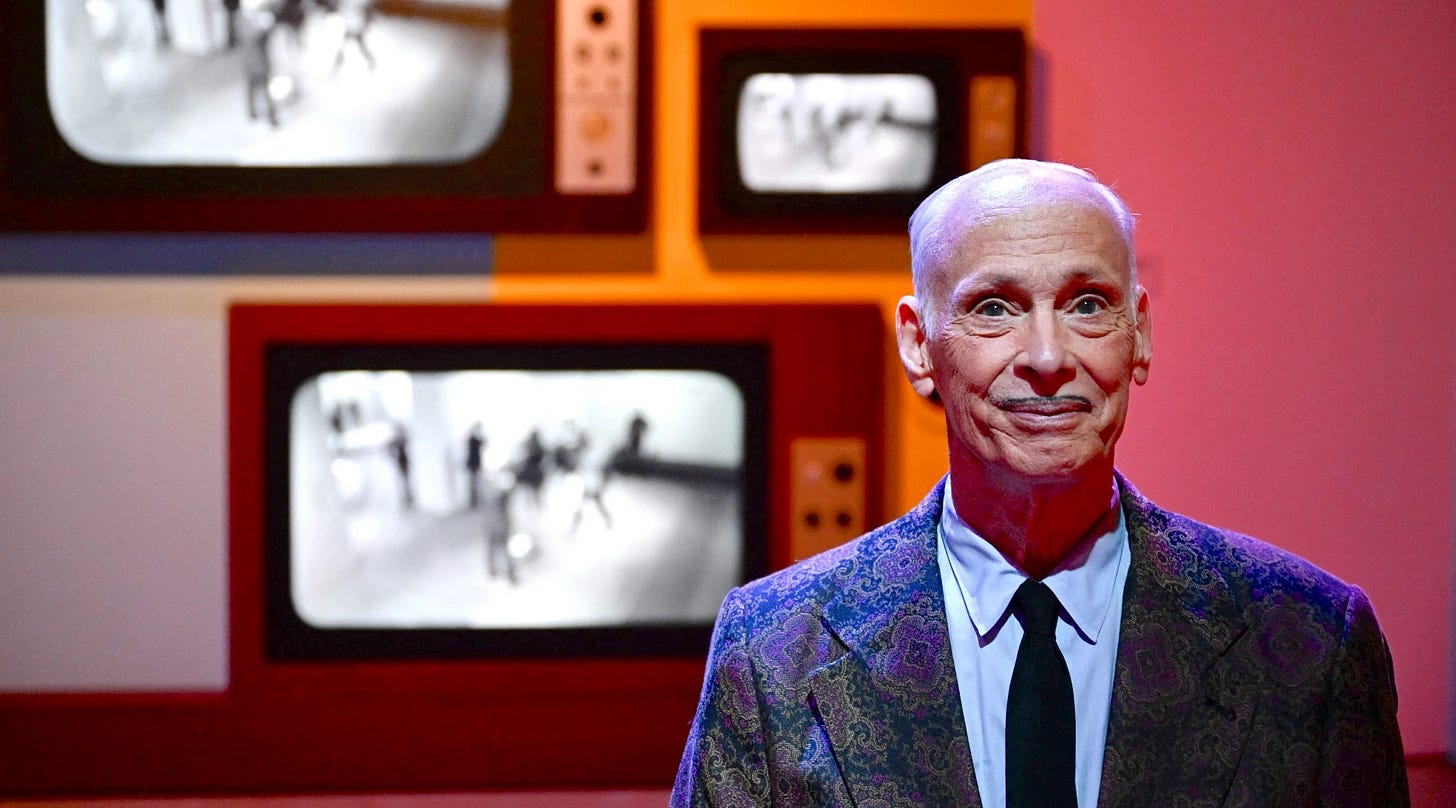

Such a beautiful and unexpected, creative way of framing this theme! What a talented writer, curator, and thinker you are, Sabrina.
So long as we are alive, the lessons keep unfolding…. And we never ever graduate. It reminds me of being on a journey for the sake of it, not to reach a specific destination. Of the curiosity/sense of wonder that keeps us engaged and willing to learn more about ourselves, others, and the world.
As someone who has decided to go back to school at 36 and join a Master’s program in Counseling Psychology ovserseas, I can say that I finally know deeper within my heart that I’m doing it *for me* and the kind of contribution I want to make in this life. This isn’t just about a profession or even a career, this is about attending the school of life… and embodying it both within and without.
💙
Gosh this spoke to me. I find myself missing the sound of Pomp and Circumstance.